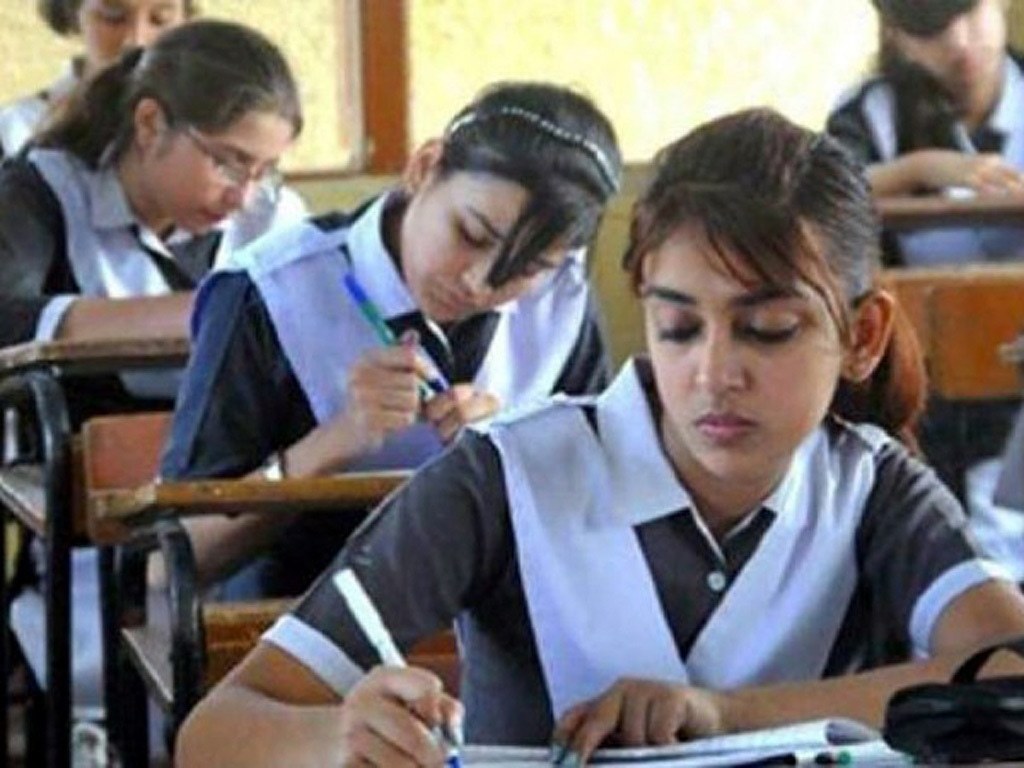ISLAMABAD: The government of Pakistan Wednesday signed financing agreement of “Sindh Early Learning Enhancement through Classroom Transformation Project” worth $129.99 million with the World Bank.
Omar Ayub Khan, Minister for Economic Affairs witnessed the signing ceremony of financing agreement.
The financing agreement was signed by Zulfiqar Haider, additional secretary, Economic Affairs Division and Najy Benhassine, country director, World Bank while Dr Naeem Zafar, chief economist, Government of Sindh also attended the ceremony on behalf of the provincial government.
The project financing includes concessional loan of $100 million by the World Bank and Education Sector Plan Implementation Grant of $29.99 million by Global Partnership for Education (GPE).
Besides this, an additional GPE Multiplier Grant of $24.78 million would shortly be made available to enhance geographical coverage of the project.
Literacy, student retention rates in Sindh: World Bank approves $100m financing
The Minister for Economic Affairs appreciated the World Bank management for extending their continuous support to the government particularly, at this difficult time, when the country is facing increasing health-related and socio-economic challenges.
He expressed that provision of quality education was one of the top priorities of the government because it played an essential role in the socioeconomic development and prosperity of a nation.
The minister further stressed that equal opportunities in education, for both girls and boys, must be ensured at all levels.
The Minister for Economic Affairs further highlighted that even at time of prevailing difficult situation, the Government of Pakistan kept its focus on social sector including health, education and social protection, so that the people get basic necessities of life and economy regains its strength.
He reiterated his government’s commitment to further strengthen implementation of reforms, including reform actions aim to develop key elements of core foundations for Human Capital Accumulation.
The objective of this project is to improve reading skills of early grade primary students and increase student retention in primary schools in selected 10 districts of Sindh province.
The Sindh Early Learning Enhancement through Classroom Transformation Project aims to improve five core elements of learning i.e. prepared learners, effective teaching, learning focused inputs, safe and inclusive school space, and a well-managed education system to end learning poverty.
Education, growth & governance: WB, Pakistan discuss partnership framework
None of these elements can be left out when seeking to make schools functional and ensuring that students learn and stay in school.
Using a school-based approach that focuses on quality, redresses support for drop-outs, improved teacher capacity, and infrastructure catering to safety and learning needs, also will help address the demand and supply side challenges to narrow the gap of girls’ access, transition, and retention rates.
The project will pilot a school-based behavioral intervention that will help students recognise that their abilities and skills can change and grow and will focus on key skills such as student efficacy and self-management.
The World Bank team reiterated its commitment to continue technical and financial support to the Government of Pakistan for priority areas.
Copyright Business Recorder, 2021






















Comments
Comments are closed.